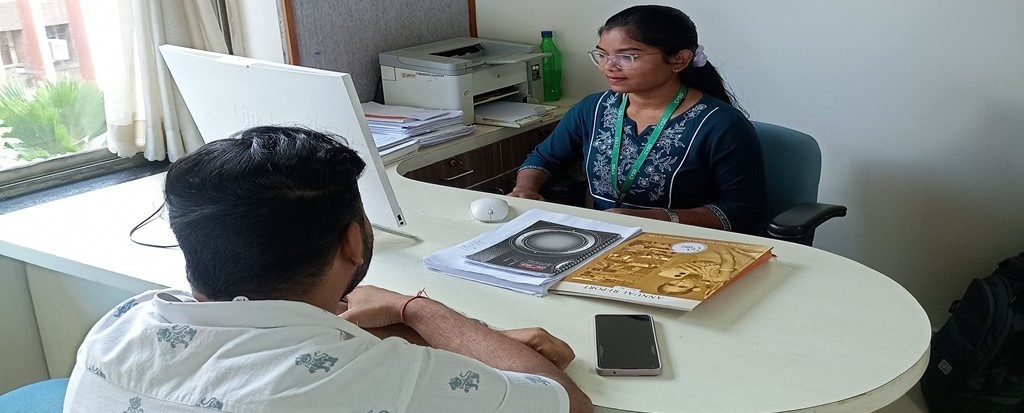

While CYSD is directly reaching out to over 600,000 people and indirectly impacting more than 10 million poor and marginalized individuals in the state, it is committed to educating the population about their rights and entitlements through various government programs and schemes. The effectiveness of creating awareness on rights and entitlements can be measured by the people’s ability to access benefits. However, a lack of accessibility and facilitating centers creates barriers. For daily wage earners, traveling long distances to submit proper applications with supporting documents to access their entitlements is often impossible.
To supplement and amplify the programmatic efforts of CYSD across South Odisha and North Odisha, the idea of establishing Citizen Information-cum-Assistance Centres as extensions of the State Resource-cum-Information Centre was realized. The central Citizen Information-cum-Assistance Centre at CYSD-DRTC in Bhubaneswar aims to assist ordinary citizens in urban slum areas and tribal program regions through Information Kiosks. These kiosks initially set up in South Odisha (Mundaguda in Boipariguda block of Koraput district) and North Odisha (Kapundi in Saharapada block of Keonjhar district).
The Citizen Information-cum-Assistance Centre aims to provide various services to assist citizens in accessing government and public services as their entitlements efficiently.
Scope:
The scope of The Citizen Information-cum-Assistance Centre includes the following functions: